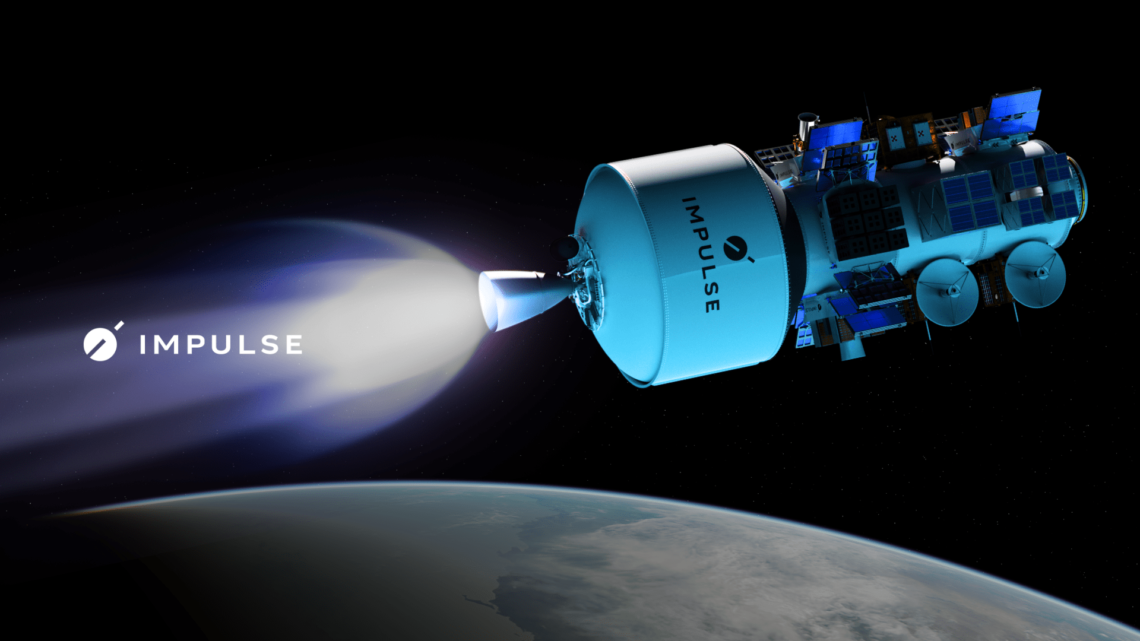LOGAN, Utah — Orbital transfer vehicle developer Impulse Space will offer rideshare services for spacecraft going to geostationary orbit using its Helios tug, along with an upgraded version of its Mira vehicle.
Impulse Space announced at the Small Satellite Conference that it is working with Exolaunch on its GEO Rideshare Program. The first mission is scheduled for 2027, using Impulse Space’s Helios vehicle on an undisclosed dedicated launch.
Impulse announced plans in January to develop Helios, a high-energy kick stage powered by liquid oxygen and methane propellants. The company billed Helios as a way to quickly transport satellites from low Earth orbit to GEO and other higher orbits, with the ability to carry satellites weighing up to 5,000 kilograms from LEO to GEO within a day.
Tom Mueller, founder and chief executive of Impulse Space, said in an interview that the company initially looked for larger GEO satellites for Helios. “But as we talked with customers, we saw that there are a lot of these half-ton to one-ton GEO satellites,” he said. Those satellites had limited options for getting to GEO, which led Impulse Space to pursue a rideshare initiative.
“We’re going to gauge the demand and see if it’s real,” he said ahead of a discussion Impulse Space hosted about the rideshare program at the conference. “We think there are a lot of companies looking at this.”
As part of the rideshare program, Helios will support multiple ports, each able to host at least 300 kilograms of payload, to take spacecraft to GEO. Exolaunch will market payload opportunities and provide deployment systems.
“Impulse’s introduction of the GEO Rideshare Program marks a transformative milestone for the satellite industry, making cost-effective and timely access to GEO a reality,” said Kier Fortier, vice president of global business development at Exolaunch, in a statement. The company has arranged rideshare launches for…
Read the full article here

